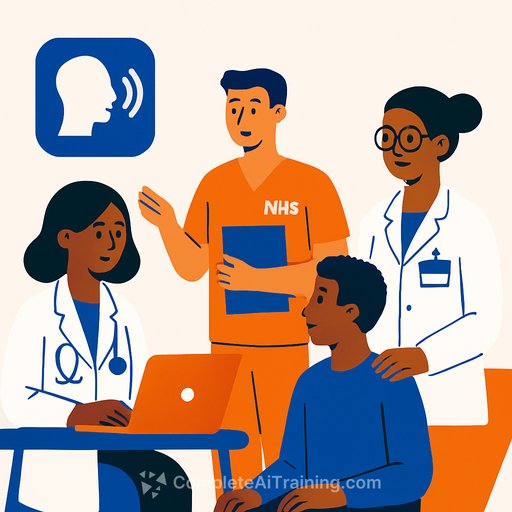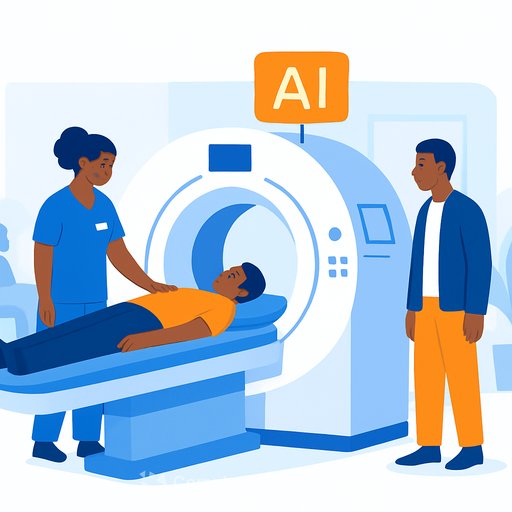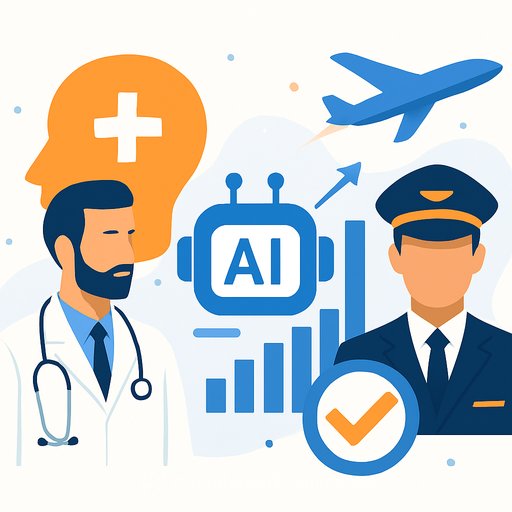NHS Staff Spend Nearly 25% More Time with Patients Thanks to AI Assistant
Healthcare staff using an AI assistant called Tortus have been able to spend almost 25% more of their time directly interacting with patients, according to a recent trial. This technology transcribes consultations automatically and generates summaries for clinicians to review, reducing administrative workload.
Ministers highlighted that this approach not only improves efficiency but also strengthens the human connection that is central to NHS care.
How Tortus Works
Tortus employs ambient voice technology, combining speech recognition and artificial intelligence. It captures key medical information from conversations while filtering out background noise and irrelevant talk, making documentation faster and more accurate.
Trial Details and Results
- The trial was led by Great Ormond Street Hospital for Children (GOSH) and included nine NHS sites across London.
- Nearly 17,000 patient interactions were analyzed, covering hospitals, GP surgeries, mental health services, and ambulances.
- Direct patient-clinician interaction increased by 23.5% during appointments.
- The average appointment length was reduced by 8.2%.
Health Minister Stephen Kinnock stated, “By freeing clinicians from administrative burdens, we’re not just improving efficiency, we’re enhancing the human connection that sits at the heart of great healthcare.”
Plans for Wider Use
GOSH plans to expand AI scribe technology across its outpatient services starting this autumn. Dr. Shankar Sridharan, Chief Clinical Information Officer at GOSH, said the trial demonstrates the NHS’s ability to safely adopt AI at scale, benefiting both patients and clinicians.
Impact in Emergency Departments
In emergency settings, Tortus helped increase the number of patients seen per shift by 13.4% and halved the time required to complete initial patient notes.
Dr. Ahmed Mahdi, an emergency medicine consultant at St George’s University Hospital, noted, “In a fast-paced environment, every second counts. This technology reduces admin time, letting us focus on patient care.”
Economic Benefits
- Economic modelling by York Health Economics Consortium suggests national use of Tortus could enable an extra 9,259 A&E consultations daily.
- This could save around £176 million annually in documentation time.
- Additional capacity unlocked could be worth approximately £658 million per year.
Dr. Vin Diwakar, Clinical Transformation Director at NHS England, emphasized that allowing clinicians to spend more time with patients while reducing administrative tasks improves care quality.
For healthcare professionals interested in learning how AI can support clinical efficiency, exploring AI training resources can be valuable. Courses covering AI tools in healthcare and automation are available at Complete AI Training.
Your membership also unlocks:





